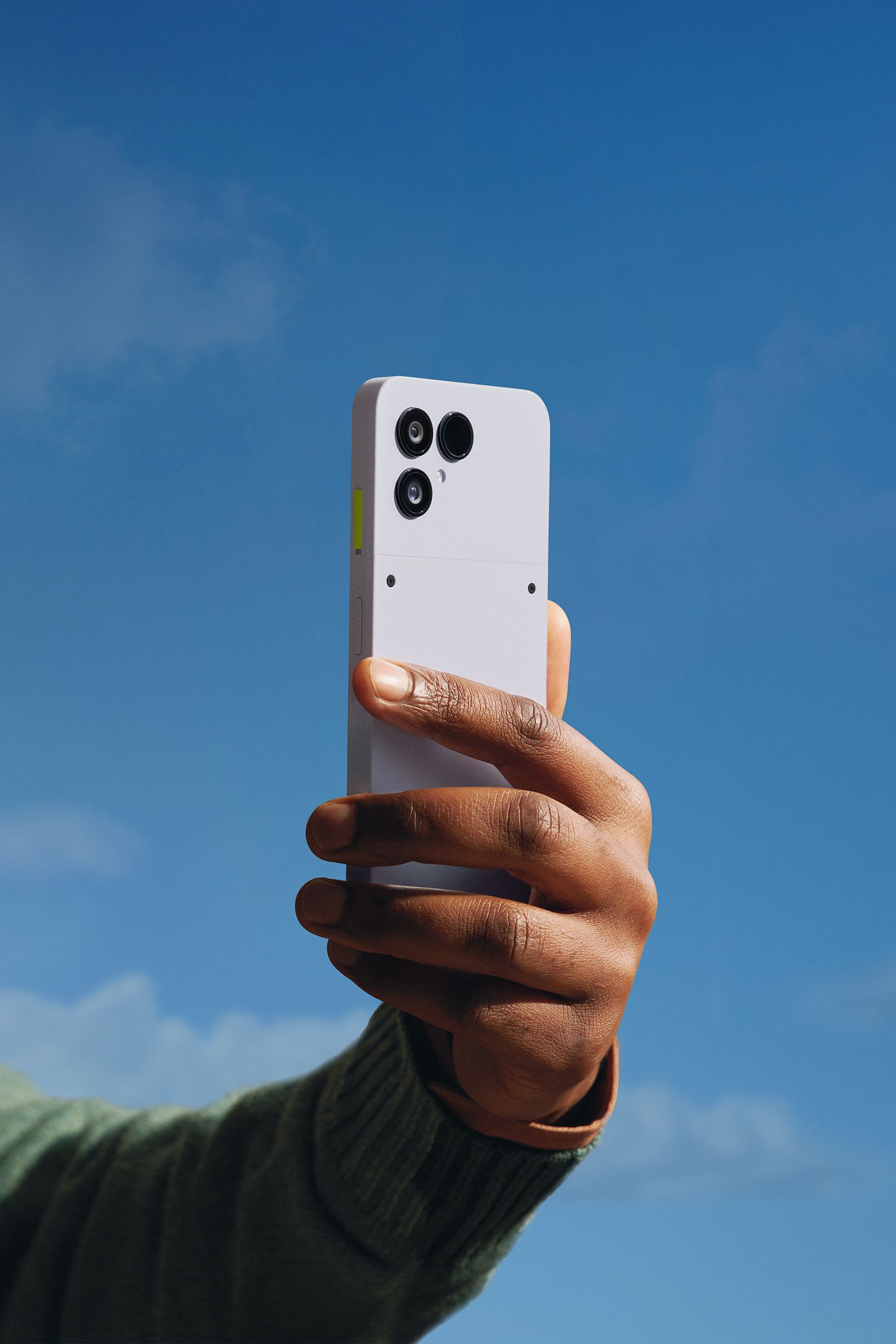Fairphone's Struggle: The Challenge of Making Ethical Tech Mainstream
3 min read

In the rapidly evolving world of technology, a few brands stand out not just for their innovation but for their commitment to ethical practices. Fairphone is one such brand. It has consistently championed sustainability and ethical manufacturing, yet it faces an ongoing battle: getting consumers to care enough to buy their devices. This peculiar dissonance between values and consumer behavior offers a fascinating insight into the complexities of the tech market today.
The Fairphone Vision
Founded in 2013, Fairphone set out with a mission to build a smartphone that was not only technologically competitive but also environmentally and ethically conscious. This stemmed from a growing awareness of the often grim realities behind electronics manufacturing—conflict minerals, exploitative labor practices, and massive electronic waste.
Fairphone attempted to counter these issues by sourcing conflict-free materials, ensuring fair wages for workers, and producing easily repairable devices. Their modular phone design allows users to replace parts like the battery or camera without having to purchase an entirely new device. This not only extends the phone's lifespan but also significantly reduces electronic waste.
Why Aren't Consumers Biting?
Despite these commendable efforts, Fairphone struggles to capture significant market share. A primary reason is the entrenched consumer behavior patterns that favor more established brands. Consumers are often drawn to the latest features and designs offered by tech giants like Apple and Samsung, which invest heavily in marketing and have established a strong brand presence.
Furthermore, the longer lifecycle of Fairphone's devices ironically reduces the need for frequent upgrades. While this is a positive outcome from an environmental perspective, it doesn't help the company's bottom line in a market that thrives on frequent product turnover.
Historical Context: A Market Resistant to Change
The challenges faced by Fairphone are not unique in the history of ethical consumerism. Similar struggles have been observed in other sectors, such as fashion and food, where sustainable options often face an uphill battle against cheaper, less ethical alternatives.
In the tech industry, however, the push for ethical practices is particularly challenging due to the high costs associated with sustainable manufacturing and the rapid pace of technological advancement. Historically, consumers have shown a preference for convenience and price over sustainability, a trend that is only slowly beginning to shift.
The Way Forward: Building a Sustainable Future
For Fairphone to succeed, it needs to inspire a broader cultural shift towards valuing sustainability over novelty. This involves not just selling a product but also educating consumers about the impact of their purchasing choices.
Collaborations with like-minded organizations, greater visibility in the media, and perhaps strategic partnerships with educational institutions could help increase awareness and drive change. Moreover, as environmental concerns become more pressing, consumers may gradually prioritize sustainability, aligning with Fairphone's vision.
The tech industry is at a crossroads. As companies continue to innovate, the onus is on consumers to demand that these innovations align with ethical and sustainable practices. Fairphone may be ahead of its time, but with persistence and a bit of luck, it could well become a standard-bearer for the future of technology.
